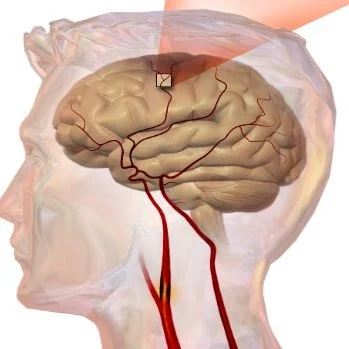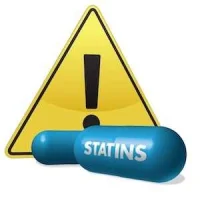The findings of the study showed that compared to the pre-stroke rate, survivors had a faster rate of incident cognitive impairment after stroke. Incident stroke was also found to be associated with accelerated and persistent declines in global cognition and executive function when compared before and after the event. Moreover, survivors had acute declines in new learning and verbal memory after stroke but no acceleration of pre-stroke rates of change in these functions.
This study could have potential implications for clinical practice, research and healthcare policy as pointed out by the authors. The results suggest that stroke survivors should be monitored for cognitive impairment after the event.
“Our results suggest that long-term cognitive dysfunction is a potential domain for evaluating acute stroke therapies. As adults increasingly survive stroke, cases of post-stroke cognitive impairment will multiply. Given that post-stroke cognitive impairment increases mortality, morbidity, and health care costs, health systems and payers will need to develop cost-effective systems of care that will best manage the long-term needs and cognitive problems of this increasing and vulnerable stroke survivor population.”
In an accompanying editorial, Philip B. Gorelick, M.D., M.P.H., and David Nyenhuis, Ph.D., of the Michigan State University College of Human Medicine, Grand Rapids also state that clinicians need to remain alert for the presence of clinically manifest stroke or silent stroke as these could indicate future complications such as recurrent stroke, cognitive impairment, and disability.
Cognitive screening could provide information that would help plan the daily management of such patients based on their cognitive performance. It would also highlight the need for formal neuropsychological testing. Steps could be taken to prevent subsequent stroke, myocardial infarction, loss of cognitive vitality, and overall disability.










